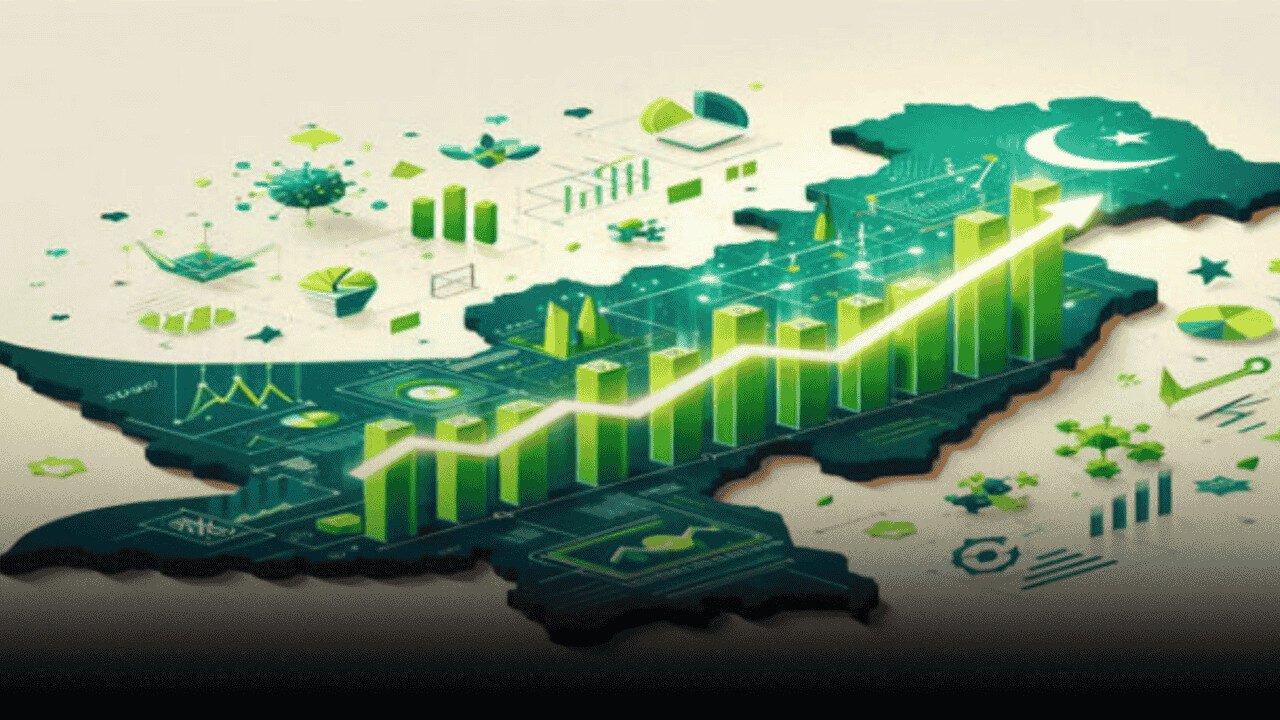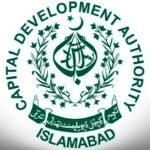By Ayesha Saba
The State Bank of Pakistan (SBP) has called for a major change in the country’s economic direction, saying Pakistan must expand beyond traditional farming and low-value manufacturing to achieve lasting and inclusive growth.
The central bank’s Annual Report 2024–25 urges policymakers to focus on higher-value sectors such as technology, tourism, and services to protect the economy from climate risks, global price swings, and budget pressures that have long held it back.
Agriculture’s Declining Role in the Economy
The report stated that while agriculture still provides jobs to nearly two-fifths of Pakistan’s population, its overall contribution to GDP continues to shrink.
Climate instability, water shortages, and poor productivity have made farming less reliable. The SBP noted that the slowdown in agriculture during FY25 highlights the urgent need for structural reforms that can create new sources of growth.
On the other hand, the services sector has become the key driver of economic activity, supported by digital expansion, logistics, and public services.
However, the central bank warned that this growth is limited to a few major cities, leaving rural and smaller regions behind.
Expanding Manufacturing and Services
According to the report, Pakistan needs to strengthen its industrial base by moving beyond low-margin textile exports into engineering, pharmaceuticals, food processing, and renewable energy equipment.
In services, sectors like information technology, freelancing, education, and tourism hold the greatest potential to create high-skill jobs and attract foreign investment. Together, these industries could help make the economy more resilient to global and domestic shocks.
Tourism: A Missed Opportunity
A special section titled “Unlocking Pakistan’s Tourism Potential” highlights how the tourism industry can transform the economy. Globally, travel and tourism account for around 10 percent of world GDP and employ one in every ten people.
In Pakistan, tourism’s total contribution to GDP was only 5.9 percent in 2022, generating about 4.2 million jobs. The country ranks 101 out of 119 on the World Economic Forum’s Travel and Tourism Development Index 2024, far below what its natural and cultural resources could support.
Pakistan’s diverse landscapes—from the Himalayan peaks of Gilgit-Baltistan to the beaches of Balochistan and ancient sites of the Indus Valley Civilization—remain underdeveloped due to poor infrastructure, inconsistent standards, and limited marketing.
The SBP said that targeted investment and partnerships between government and private firms could raise tourism’s share in GDP and create thousands of new jobs.
Tourism’s Broader Economic Impact
The report cited a World Bank case study from Panama (2024) showing that every dollar spent in tourism generates nearly US$2.9 in total economic activity, while each direct tourism job supports four additional jobs in related sectors like agriculture, construction, and retail.
The SBP explained that tourism has one of the strongest ripple effects in an economy, helping both urban and rural communities. Investments in airports, roads, and railways, it added, not only support tourism but also stimulate other industries.
Tourism and Sustainability
The SBP highlighted that tourism also has important social and environmental benefits. Women make up 54 percent of the global tourism workforce, making it one of the most inclusive industries.
In Pakistan, expanding eco-tourism could create opportunities for women and youth in remote regions. Environmentally responsible tourism, the report added, could also help fund wildlife and heritage conservation.
However, the central bank cautioned that tourism contributes around 8 percent of global carbon emissions. It called for sustainable tourism practices and stricter environmental regulations to minimize damage while maintaining growth.
Recent Government Efforts
The report acknowledged steps taken by the government to promote the tourism sector. The Special Investment Facilitation Council (SIFC) has been working to simplify investment procedures, promote “Green Tourism Pakistan,” and expand partnerships through public-private projects.
The SBP also praised the introduction of e-visas and visa-on-arrival policies, which have made it easier for international travelers to visit Pakistan.
Still, it stressed that more investment is needed in transport, digital infrastructure, and hospitality training to raise the country’s profile in global tourism.
The Road to a Diverse Economy
Beyond tourism, the SBP said that economic diversification depends on improving skills, innovation, and productivity. Pakistan’s labor force remains undertrained compared to neighboring countries, and the report urged more investment in vocational education, ICT infrastructure, and support for startups.
Encouraging women-led and youth enterprises, along with wider financial inclusion, could also support a stronger and more diverse economy.
Fiscal policy, the SBP added, should provide predictable taxation and consistent incentives rather than short-term relief programs. Coordination between provincial governments, ministries, and the private sector will be crucial to make reforms effective and long-lasting.
Building a Sustainable Future
The central bank emphasized that broadening the economic base is not just about growth—it’s about resilience. By moving away from dependence on weather-sensitive crops and energy-heavy industries, Pakistan can stabilize its economy, increase exports, and create millions of new jobs.
A future driven by tourism, technology, and high-value services, the SBP said, will be essential for lasting stability and shared prosperity.
Author Profile
-
Ayesha Saba is an economic journalist advocating for Pakistan's shift from unstable farming to high-value sectors.
Her sharp analysis of the central bank's report spotlights tourism and technology as vital engines for job creation and resilience, urging urgent policy pivots toward a **diverse and sustainable future.





